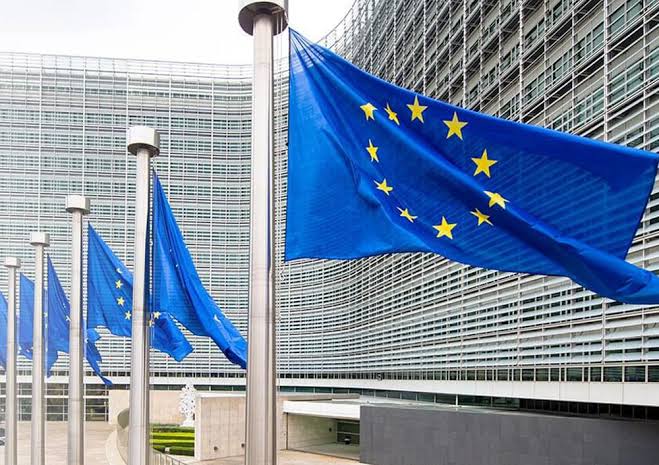A joint opinion statement on regulating a digital euro was released by the European Data Protection Supervisor and the European Data Protection Board.
In response to the European Commission’s July 2023 proposal, the European Data Protection Board and the European Data Protection Supervisor jointly released a statement recently. In order to improve the personal data privacy requirements for the digital currency of the European Union central bank (CBDC), the regulators put forth a number of recommendations.
The proposed verification process for the maximum amount of digital euros that can be held by an individual account should be made clearer, according to the authorities. According to the present design, each user’s data can be accessed through a single point of contact established by the European Central Bank (ECB) and national central banks. Both authorities advise carrying out an evaluation in order to ascertain whether a single entry point is necessary and proportionate. They stress that it is possible to use technological means to store these identifiers in a decentralised manner.
The lack of predictability in the CBDC’s proposed fraud detection and prevention method is another issue raised by the regulators. From the standpoint of data protection, they advise taking into account “less intrusive measures.”
Additionally, the authorities “strongly recommend” setting an online transaction “privacy threshold” below which low-value offline and online transactions are exempt from monitoring for the purposes of preventing money laundering and fighting terrorism financing. They merely mentioned the transaction limit, which covers “low-value daily transactions,” rather than determining a precise sum.
The ECB’s governing board declared last week that, after a two-year inquiry, the digital euro project is now in its “preparation phase.” Over the course of two years, the planning stage will concentrate on choosing potential issuers and finalising the regulations governing the virtual currency.

